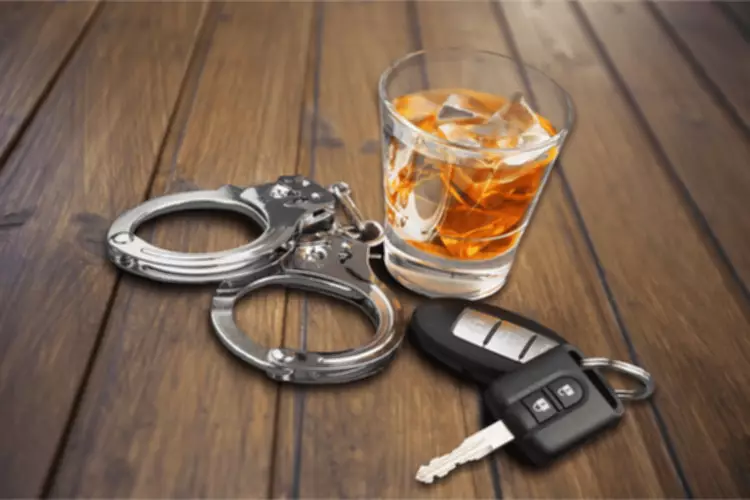- Your cart is empty
- Continue Shopping
FDA Regulation of Cannabis and Cannabis-Derived Products, Including Cannabidiol CBD

Cannabis—which can also be called marijuana —is the most commonly used federally illegal drug in the United States. We are aware that state and local authorities are fielding numerous questions about the legality of CBD. There is ongoing communication with state and local officials to answer questions about requirements under the FD&C Act, to better understand the landscape at the state level, and to otherwise engage with state/local regulatory partners. The New England Journal of Medicine also published a study lately saying there is some evidence it may be effective during epileptic seizures.
Free Healthbeat Signup
Indeed, state law is the primary enforcement authority for drug-related offenses. Thirty-three states and the District of Columbia have enacted laws allowing the use of cannabis for therapeutic purposes (NCSL). Eleven states and the District of Columbia permit recreational or “adult use” of cannabis (ProCon, 2018b). Seventeen additional states only permit products that are high in cannabidiol (CBD) and low in THC5.

CBD: Know the Facts
(B) The drug or other substance has no currently accepted medical use in treatment in the United States. The next level of lawmaking has been to legalize the recreational use of cannabis in specific and limited ways. As of January 1, 2023, 20 States and the District of Columbia have legalized recreational use for adults, with varying limits and restrictions, starting in 2012 with voter referenda in Colorado and Washington. The use of CBD products—topically or by ingestion—can cause a positive drug test due to the presence of THC. CBP does not consider this a false positive, since it is an actual finding of THC. This can result in disciplinary action, up to and including removal from service.
- That distinction over intoxication and THC’s explicit mention in the central drug control law in the U.S.—the Controlled Substances Act—has led to a variety of interpretations about what is legal and what is illegal.
- FDA has issued a guidance to assist sponsors in developing botanically complex prescription medications (US Dep’t of Health and Human Services and US FDA, 2016).
- This decarboxylation step can be challenging to conduct properly—without leaving incompletely decarboxylated material or degrading the cannabinoids—particularly on a large commercial scale (Wang et al., 2016).
Marijuana and CBD

Across the recreational states, medical marijuana laws are, overall, more permissive regarding individual possession and cultivation, as they often permit patients to purchase and cultivate larger quantities as well as access more potent products and enjoy a lower tax rate. Over a short period of time, our society has seen a rapid increase in the interest and availability of cannabidiol (CBD) products and other products derived from cannabis. However, we still have a limited understanding of the safety profile of CBD and many other cannabis-derived compounds, including potential safety risks for people and animals. Food and Drug Administration, we see these knowledge gaps as an opportunity to develop new ways of building the science to inform public health decisions. In addition, they have not been evaluated by the FDA to determine what the proper dosage is, how they could interact with other drugs or foods, or whether they have dangerous side effects or other safety concerns.
- At this time, there are no approved food additive petitions or ingredient definitions listed in the AAFCO OP for any substances derived from hemp, and we are unaware of any GRAS conclusions regarding the use of any substances derived from hemp in animal food.
- Most people with Lennox-Gastaut syndrome require help with usual activities of daily living.
- While the judge in that case ruled that not all cannabis plants fall under the Controlled Substances Act, most courts, including the cases U.S. v. Plume (2006), U.S. v. Proyect (1993), and U.S. v. Spann (1975), have held just the opposite.
- Products containing pyridoxamine and being sold as dietary supplements are not currently permitted.
Food and Drug Administration (FDA) announced its first-ever approval of a Cannabis-derived pharmaceutical drug. Epidiolex (cannabidiol or CBD), an oral solution, was approved for the treatment of two rare and severe seizure disorders, Lennox–Gastaut syndrome and Dravet syndrome.1 Availability of Epidiolex is pending Drug Enforcement Administration (DEA) scheduling of CBD, which is expected before September 23, 2018. This historic decision may have is cannabidiol addictive important consequences for multiple constituencies, including patients, consumers of over-the-counter (OTC) CBD products, healthcare providers, clinical researchers, industry stakeholders, and governmental agencies, including law enforcement. Understanding the therapeutic potential of CBD has been thwarted to date by inconsistent and conflicting federal and state regulations dating back to the passage of the Controlled Substances Act (CSA) in 1970.

In 2018, the Farm Bill made hemp legal in the United States, making it virtually impossible to keep CBD illegal — that would be like making oranges legal, but keeping orange juice illegal. Products containing pyridoxamine and being sold as dietary supplements are not currently permitted. The FDA has not approved CBD for any use in animals and the concerns regarding CBD products with unproven medical claims and of unknown quality equally apply to CBD products marketed for animals. The FDA recommends pet owners talk with their veterinarians about appropriate treatment options for their pets. The U.S. Food and Drug Administration (FDA) approved Epidiolex, a medicine that contains purified CBD from hemp, to help treat rare seizure disorders. The FDA has concluded that this drug is safe and effective for this intended use.



